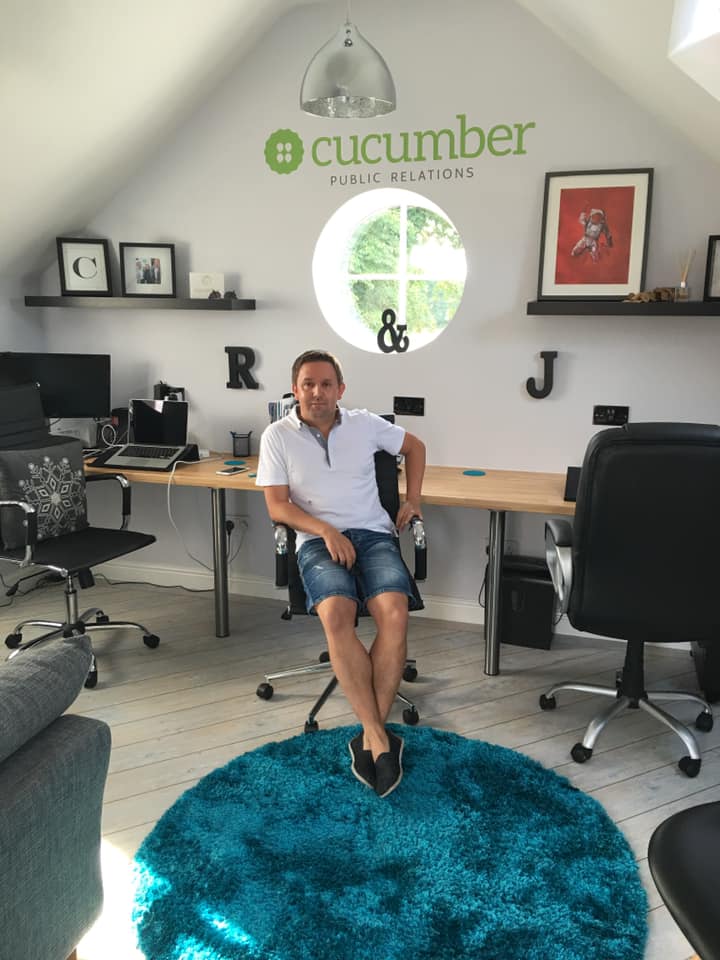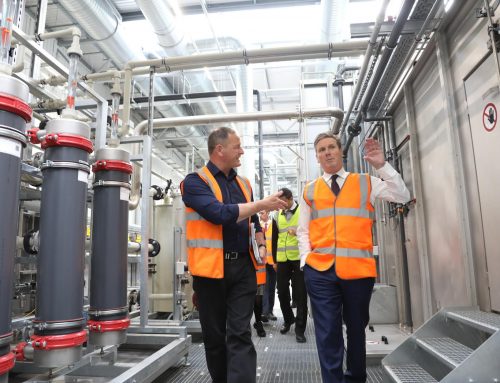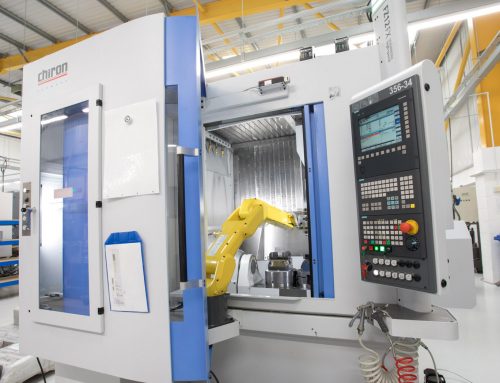Ministers have spent the last few days kick-starting a new campaign to get people to return to the office in a bid to breathe much-needed life back into our city centres.
It has sparked the ‘work from home’ debate again, with pretty much every media platform examining the pros and cons of being based from your kitchen, the lounge, the spare room or, if you are lucky, a study or converted office.
A lot of virtual meetings during the pandemic have started by exploring how we are all finding the new working norm, in some respects replacing the traditional weather moan or discussion on what the weekend has in store.
For me, the last five months have been nothing new. I’ve been working from home for the last seventeen years, first at HCL, then as my own boss with DCPR and, more recently, Cucumber PR.
It’s second nature, like brushing your teeth before bed. And I have to say I love it. My commute takes about 153 steps from the kitchen to the office above the garage and involves exactly zero minutes stuck in traffic on the M6 or jam-packed into a resigned commuter train heading into Wolves or Birmingham.
I’m lucky in that my work lends itself to remote working. Just give me a laptop and WiFi and I can, and pretty much have, worked from anywhere. Trains, airport lounges, hotels, cricket pavilions, pubs and coffee shops have all become my office depending on who and where I’m meeting.
Maintaining concentration is not an issue and I’m quite at home multitasking between watching the TV, writing a press release and joining in with chit-chat with the wife and mother-in-law.
There are some downsides. I do tend to work a lot more hours and it can be difficult resisting the temptation to nip over to the office to answer an email sent at a weekend or checking whether the breaking story has landed safely. But for every bit of free time interrupted, I get to watch Ashes tests from the comfort of the office.
Whilst I’m a big fan, I can also see why there are a lot of people who yearn for a return to the office. A good number of my mates have struggled with juggling kids and working, losing their daily routine or just miss being around colleagues.
So, for me, the discussion shouldn’t be about eliminating the workplace, but about giving individuals more flexibility to shape their own working environments.
Bosses need to get out of the train of thought that ‘WFH’ means staff are slacking or not pulling their weight. If the last five months have proven anything it is that some people are actually more productive.
The conversation should instead focus on delivering the best of both worlds, where employees and employers can have honest conversations about what works best for both parties.
It might be a mix of both, it might be exclusively at home, it might be a return to the office.
Home is where the heart is and may increasingly be where the work is.






